(NB&CL) The global geopolitical order is undergoing profound changes with the rise of new groups of forces capable of shifting the balance of power. In that context, Donald Trump's victory in the 2024 US presidential election will create adjustments in US foreign policy, affecting the rest of the world.
The West may face division
Many believe that President Donald Trump will drastically change US foreign policy in his new term. Mr. Trump once said that he would not defend a NATO country if that country did not spend enough money on collective defense.
There has even been speculation that Mr. Trump will actually withdraw from NATO, although the cost of abandoning a traditional ally is enormous. For the past 80 years, the United States has acted as a global superpower to defend the West and its shared values of political and economic freedom. Diplomats worry that a retreat from that traditional approach could create a “vacuum” for US competitors, such as Russia and China, to expand their influence, especially in strategic geopolitical areas. Mr. Trump’s choice of Ohio Senator JD Vance as his running mate has added to those concerns, as Vance has been one of the most vocal critics of Washington’s increased aid to Ukraine.
The European Union should also prepare for a further deterioration in trade relations with the United States. In a July interview, Mr. Trump once again accused the Europeans of treating the United States unfairly. These issues, along with NATO member states’ contributions to the national budget, will continue to deepen the rift between the United States and its European allies.
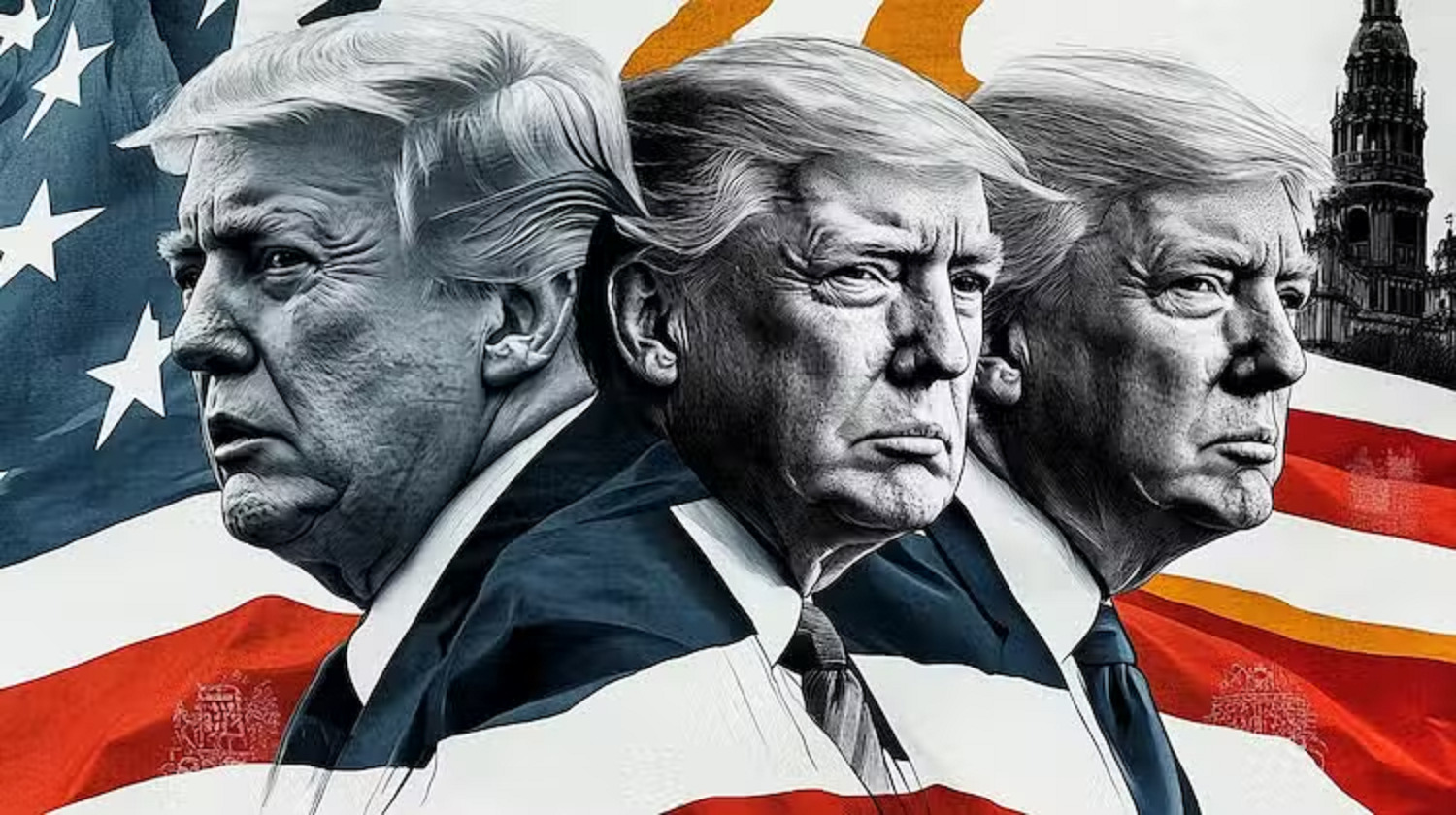
US President Donald Trump. Illustration photo: Socialeurope
The US-Russia-China tripod
In relations with Russia, the Trump administration is likely to resume communication channels with Russia, not only on the Ukraine issue, but also to resolve conflicts and disagreements between the two countries. However, according to Dr. Ivan Timofeev, Director General of the Russian International Affairs Council (RIAC), the US-Russia relationship is determined by structural factors, not by the personal role of the US President.
Therefore, the coldness in the relationship between the two countries occurred under President Joe Biden, and will likely continue to be maintained during President Donald Trump's term. Mr. Trump will actively lobby for the US to control and dominate the European market, especially in the context of the European Union (EU) and Russia continuing the embargo war, this trend of Mr. Trump is increasingly realistic.
During his 2016-2020 term, Donald Trump showed himself to be a supporter of a policy of increasing containment of China. Trump's anti-China rhetoric was combined with very specific restrictive measures. During Joe Biden's term, the US's anti-China policy has been somewhat more moderate, but the fundamental competition between the two countries continues to be maintained. However, Trump's return means that the US's approach to Beijing will be more aggressive and assertive, leading to the risk of a fierce trade war between the two powers.
In short, in the “Trump 2.0 era,” the US approach to Russia and the Ukraine issue will likely be adjusted compared to the previous administration; because from a personal perspective, Mr. Trump does not consider Russia an opponent. Moreover, Mr. Trump does not want a scenario where Russia and China get closer, creating a greater counterweight for the US and its allies. Therefore, it is likely that Mr. Trump’s policy will cause certain obstacles in Russia-China relations, creating a “both cooperative and defensive” tripod between the three powers.
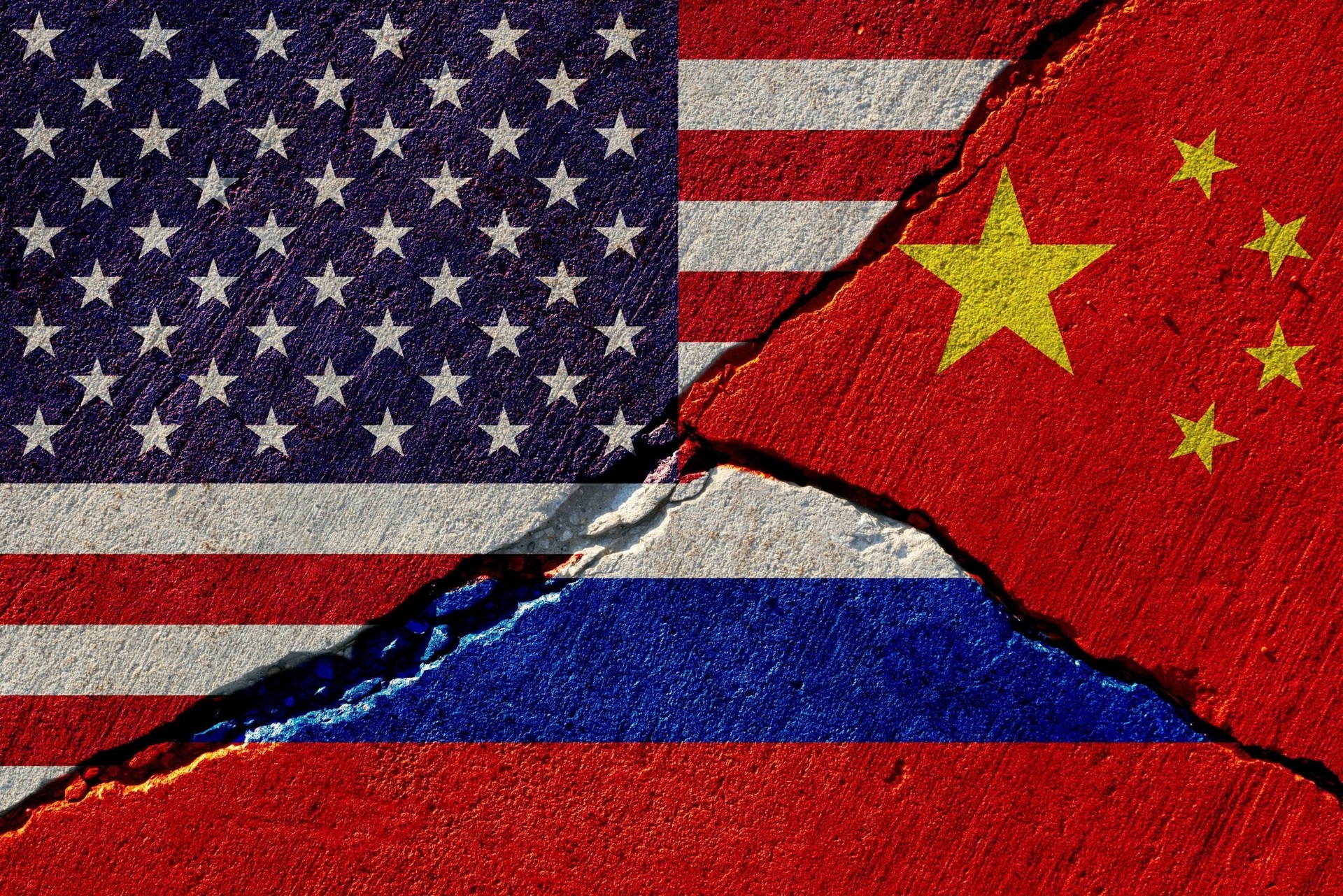
The US-China-Russia tripod. Illustration photo: Reuters
The Middle East remains a hot spot
Analysts say the Trump administration’s support for Israel in the next four years will be unlikely to be on the same scale as during his first term. There are a number of factors that make the current situation in the Middle East much more complicated and force Washington to be more thoughtful than before in approaching its policy goals in the region.
On the Iranian nuclear issue, Donald Trump’s victory is likely to lead to increased pressure due to the Republican Party’s tougher stance on relations with the Islamic Republic. For Tehran, the Republican candidate’s victory could bring a new wave of sanctions. It is possible that new executive orders will appear, tightening sanctions regimes and passing new restrictive laws against Iran, making the Middle East a global hotspot.
Strategic focus in the Indo-Pacific
Analysts believe that in the coming time, the US will step up strategic activities in the Indo-Pacific, focusing on competing for influence with China in trade, technology and geopolitical issues, such as the nuclear issue on the Korean Peninsula or tensions in the Taiwan Strait; at the same time, strengthen cooperation with traditional allies and partners such as Japan, South Korea, the Philippines, India, Australia, etc.
ASEAN will continue to play a major role in the Trump administration’s Indo-Pacific strategy. In fact, during President Trump’s first term, cooperation between the US and ASEAN has grown strongly. Economically, the US is currently the largest foreign direct investor in ASEAN, with total trade between the two sides reaching $500 billion by 2023. Since 2002, the US has provided more than $14.7 billion in economic, health and security aid to countries in the region, affirming its indispensable role in ASEAN’s comprehensive development. Security and defense cooperation between the US and regional countries has also been strengthened in recent times.
However, the scenario of Mr. Trump winning the election could also cause ASEAN countries to change their approach. The most obvious problem is that Mr. Trump’s second term has been confirmed to be accompanied by a large increase in tariffs (even creating global trade tensions), thereby greatly affecting production networks across Asia, especially in Southeast Asia. This requires countries in the region to make appropriate strategic adjustments to ensure national interests in the new context.
Ha Anh
Source: https://www.congluan.vn/ky-nguyen-trump-20-va-nhung-tac-dong-den-trat-tu-the-gioi-moi-post331234.html


![[Photo] Prime Minister Pham Minh Chinh receives Mr. Jefferey Perlman, CEO of Warburg Pincus Group (USA)](https://vstatic.vietnam.vn/vietnam/resource/IMAGE/2025/4/18/c37781eeb50342f09d8fe6841db2426c)
![[UPDATE] April 30th parade rehearsal on Le Duan street in front of Independence Palace](https://vstatic.vietnam.vn/vietnam/resource/IMAGE/2025/4/18/8f2604c6bc5648d4b918bd6867d08396)








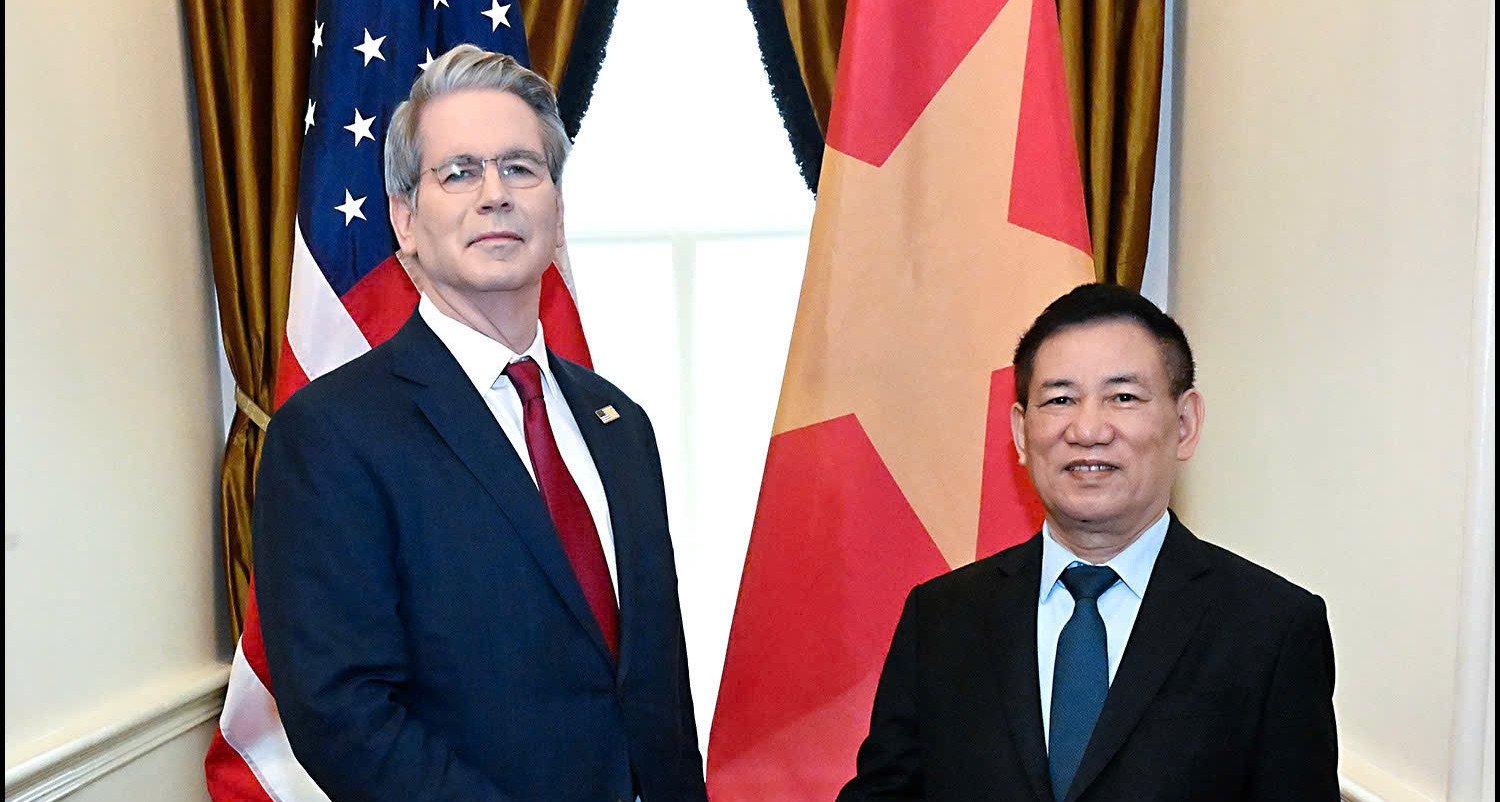




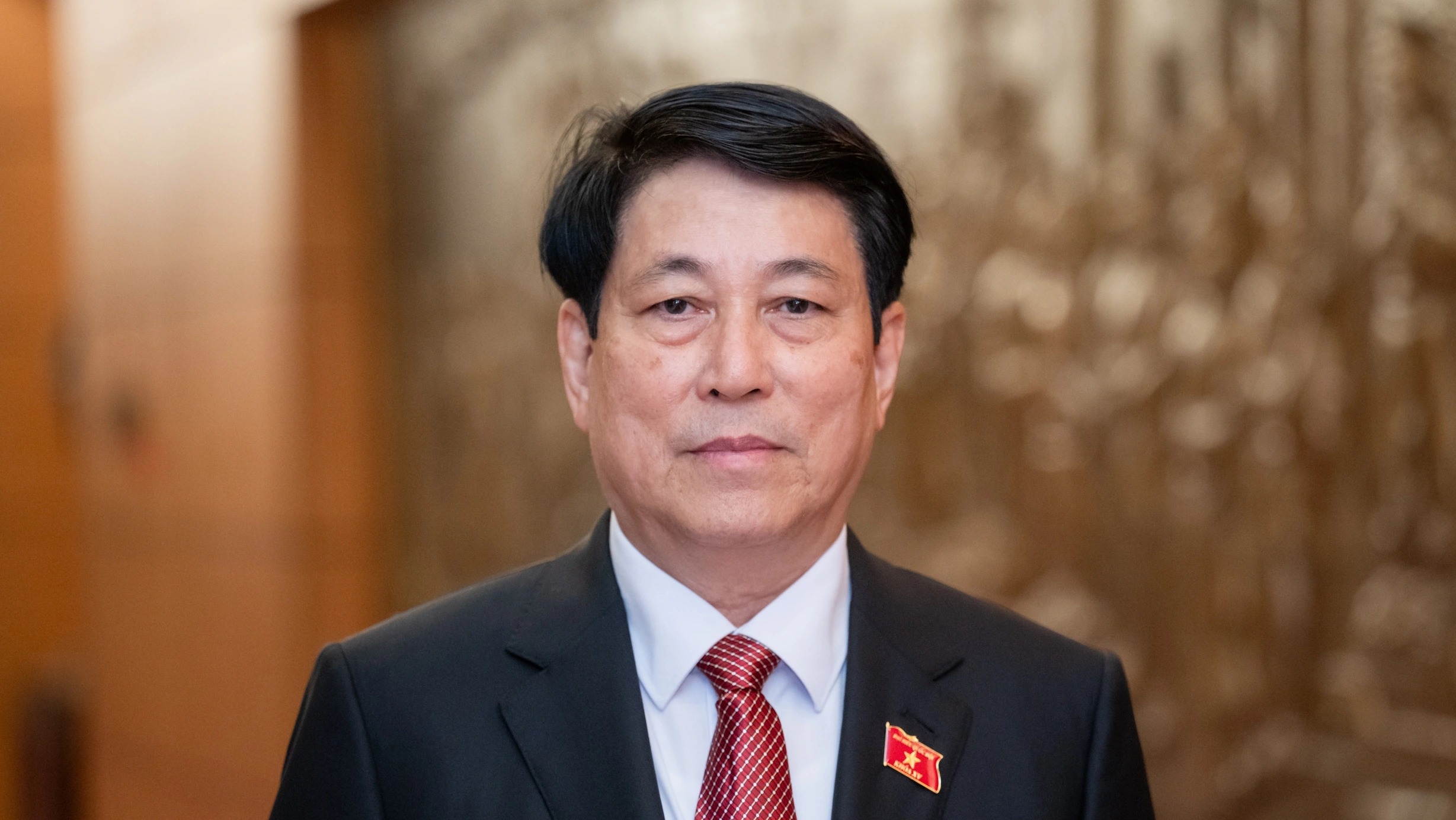
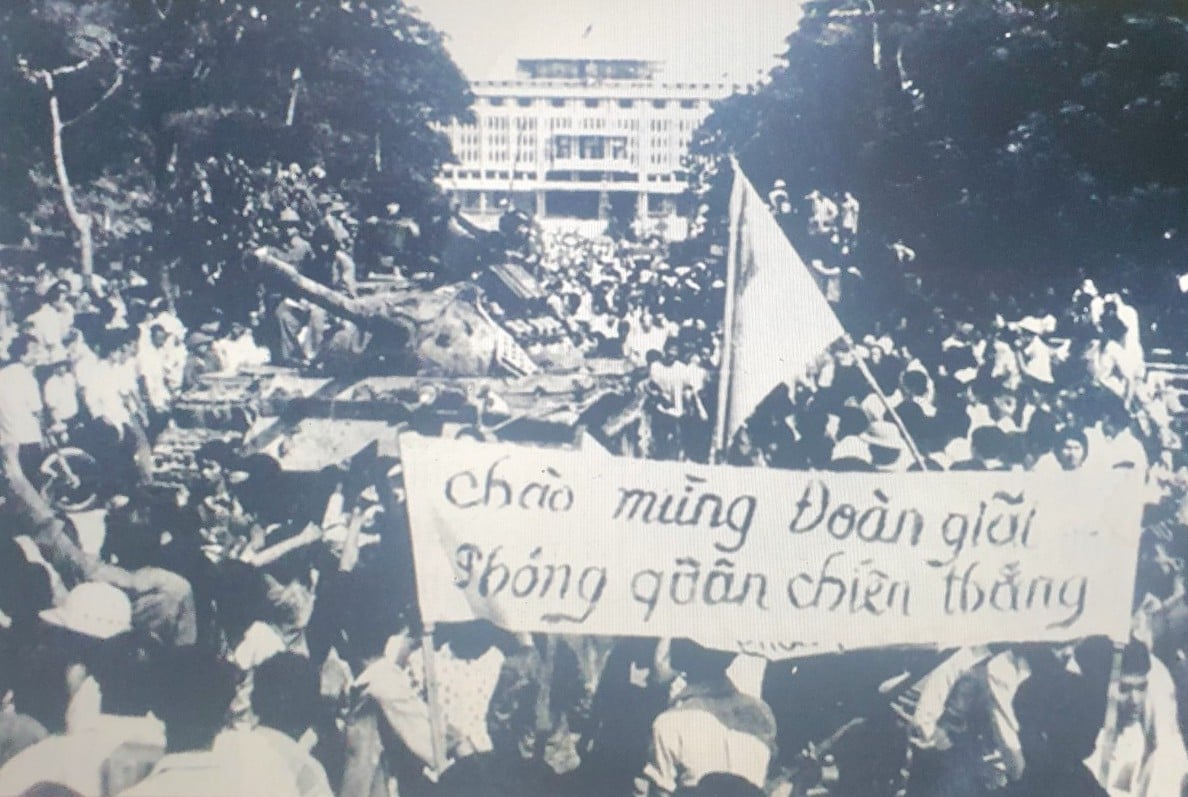













































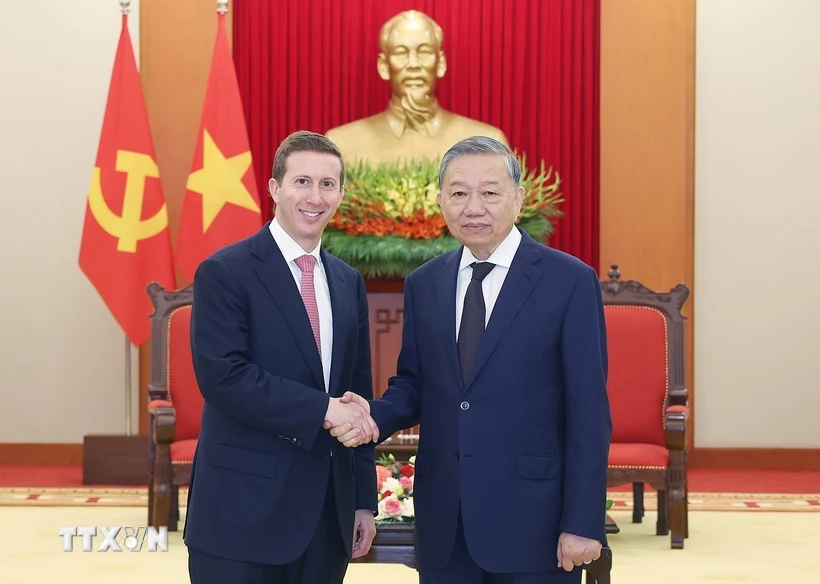









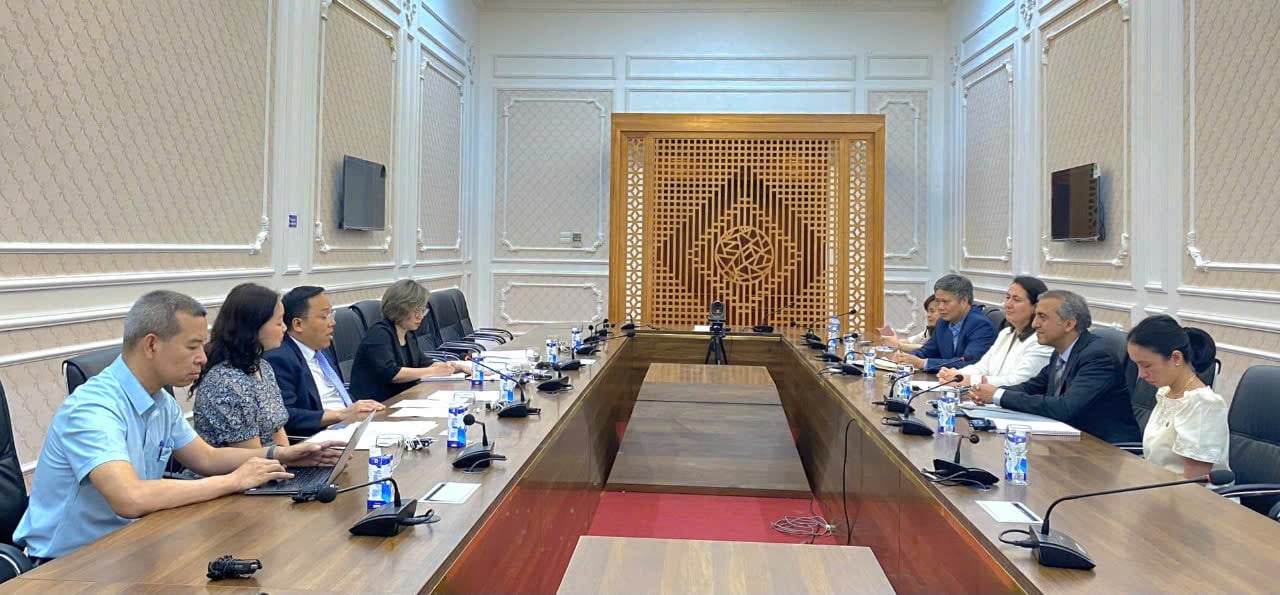





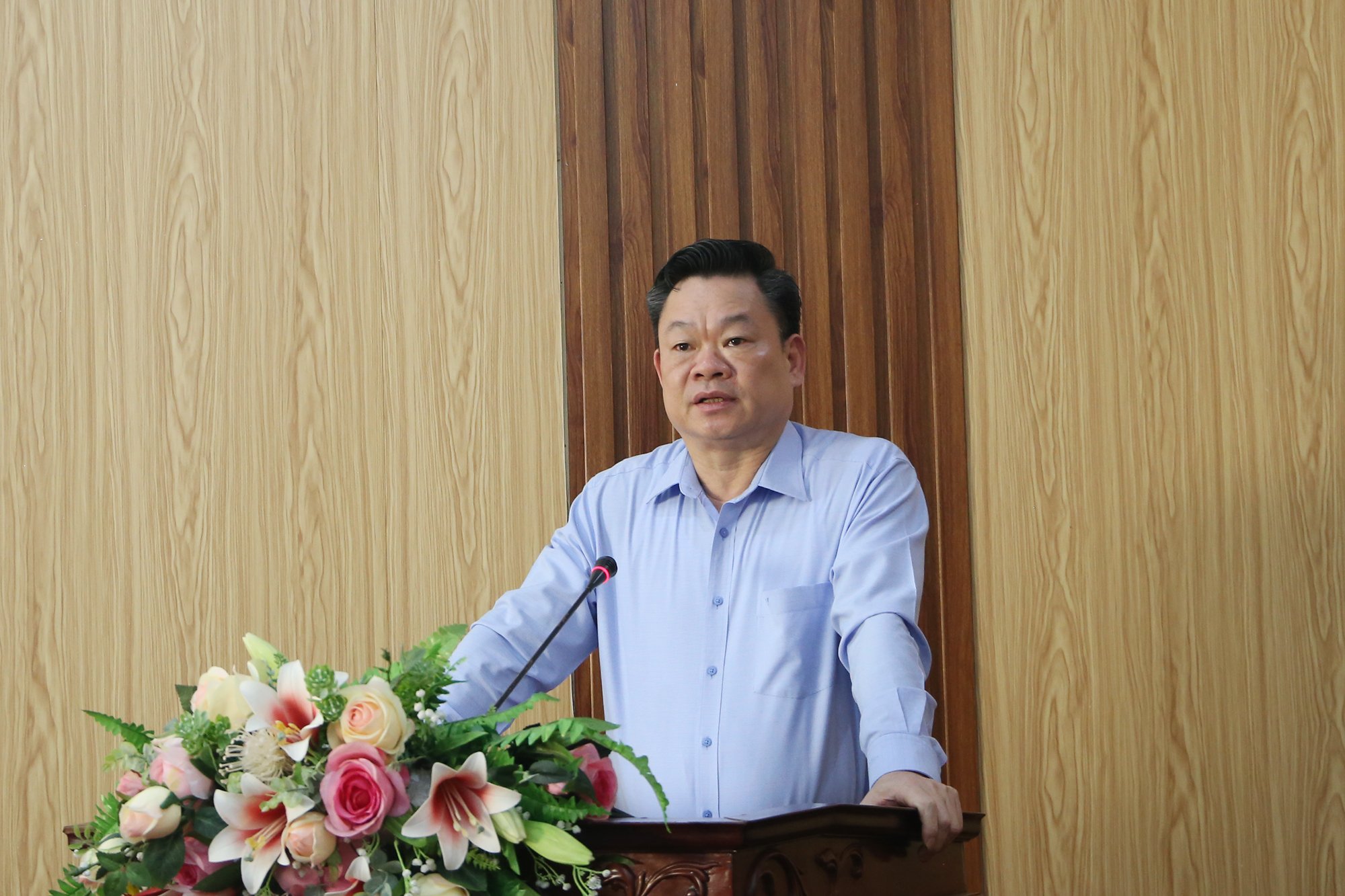












Comment (0)